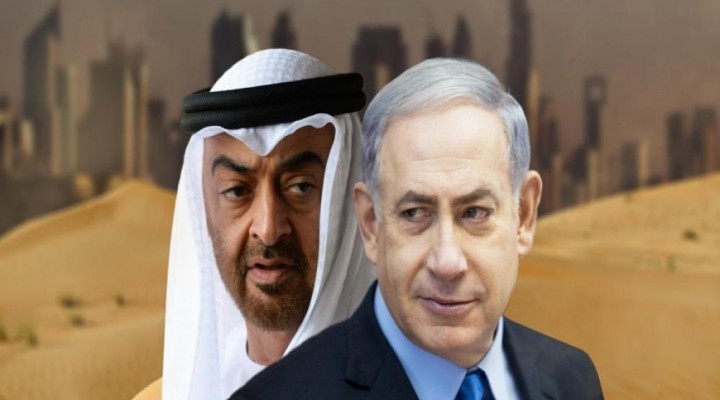The UAE unites the Palestinians

Can rival factions set differences aside in the face of the latest Arab betrayal?
The delegation of Egyptian intelligence officials that that was sent to Ramallah on Tuesday to confer with President Mahmoud Abbas ahead of an all-party Palestinian leadership meeting had one specific aim: to tone down Palestinian political and media criticism of the UAE following the announcement of its normalisation agreement with Israel. It failed. The statement issued after the gathering and its sharply critical tone made that clear.
Three important things came out of the leadership meeting held on Tuesday night that the three parties to the agreement, the UAE, Israel and the US, dismissing or miscalculating the Palestinian response to their move, had not been anticipating.
First, all the Palestinian political groupings joined forces at a meeting held under the umbrella of the Palestine Liberation Organisation (PLO), including non-members Hamas and Islamic Jihad. This alone constitutes a strategic step forward for the Palestinians under the circumstances.
Secondly, Abbas abandoned his usual diplomatic niceties and plainly condemned the agreement as a ‘stab in the back’ and a ‘betrayal’ of Jerusalem and the Palestinian cause.
Third, it was affirmed that the Palestinians would take the same approach to any other Arab or Islamic state that does the same thing and signs a similar normalisation agreement with Israel — a clear warning to others not to follow in the UAE’s footsteps at a time when countries like Bahrain. Oman, Saudi Arabia and Sudan are rumoured to be considering doing so.
Hamas and Islamic Jihad would not have taken part in a leadership meeting under Abbas’ auspices unless they were assured that he and his Fateh movement see eye-to-eye with them and are serious about standing up to and countering this move.
Abbas also probably gave his blessing to, or directly instigated, the religious judgement (fatwa) issued by the Imam of the al-Aqsa Mosque, Sheikh Ikrama Sabri, barring UAE citizens from visiting the sacred site. This ruling was without precedent. No such ban was ordered when Egypt and then Jordan launched the normalisation bandwagon years ago. It should be strictly adhered to with no exceptions allowed: normalisation amounts to betrayal regardless of who does it. It also overturns Abbas’ previous policy of encouraging Arabs and Muslims to visit Jerusalem while it remains under Israeli occupation, on the grounds that that “visiting the jail does not mean supporting the jailer.”
The question that remains to be asked is whether this show of Palestinian unity in so forcefully rejecting normalisation and condemning the normalisers can be sustained. Was it a fleeting reaction to the public anger generated by the UAE-Israel agreement, or is a new strategy for confronting the occupation taking shape, in which all Palestinian factions set their differences aside and join together?
We reserve judgement. We have been seduced by seemingly good intentions in the past and misled by promises that proved illusory. We hope that this time our scepticism is misplaced.
https://www.raialyoum.com/index.php/the-uae-unites-the-palestinians/
 TheAltWorld
TheAltWorld 
0 thoughts on “The UAE unites the Palestinians”